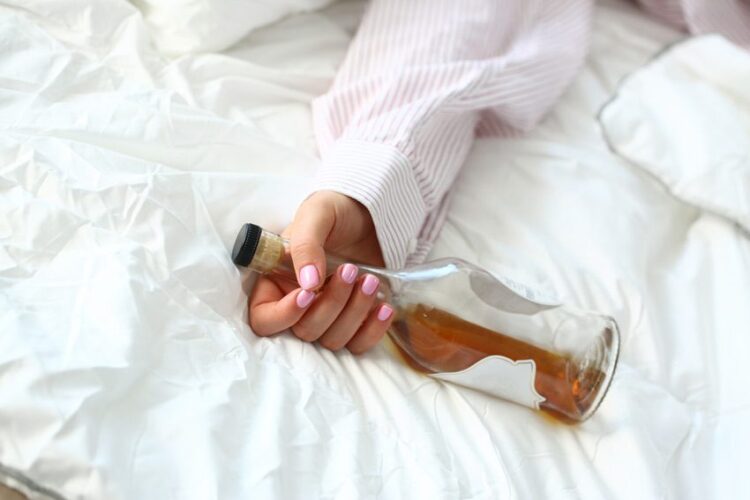You’re sitting at home one night watching your favorite show or reading a new book or helping your kids with their homework when all of a sudden the lights go out.
It’s a blackout.
After you find a couple of flashlights or light a few candles, you will turn your attention to the source of the problem. What caused this blackout? Is it a problem in your home? In the whole neighborhood? Across the whole community? Figuring out the source of the problem is the first step toward solving it—and knowing whether you need to take any specific action.
Now let’s change the scenario. You’ve been out drinking and suddenly you feel yourself sort of snapped into awareness. You can’t remember what has been going on—and you don’t know how much time has passed. It’s a blackout.
After you get your feet back under you and your head clears a bit, you will turn your attention to figuring out just what happened. What caused this blackout? And what do you need to do about it?
Let’s take a look at blackouts, what they might indicate, and what you need to do about them.
Shining a Light on Blackouts
Having a stretch of time you can’t account for can be really scary. This would be true in any event, but might be less concerning if you were sure that during a blackout you were basically inert—in other words, if experiencing a blackout was a lot like sleeping. But unfortunately a blackout can be a lot more like sleepwalking rather than sleeping.
A blackout does not mean you have lost consciousness. Instead, it means your brain has stopped recording memories. When you experience a blackout, you may well keep doing things. It’s just that you won’t remember doing those things.
Sometimes what a person does during a blackout is pretty benign. It is possible that those around the person won’t even realize anything is wrong. But other times, a person in a blackout state engages in behavior they would likely avoid if they had their wits about them. A blackout tends to lower inhibitions, so everything from reckless driving to risky sexual encounters is possible. Obviously, these behaviors can have both short- and long-term consequences.
And so just like you want to find out what caused the lights to go out in your home, you want to figure out what caused this alarming gap in your memory. Does having a blackout mean you have a substance use disorder?
The answer is complicated.
Blackouts & Substance Use Disorders
It might seem as though a blackout is the emblematic indicator of a substance use disorder. What sign could be clearer than a gaping hole in your memory after you have been drinking? And if you do dangerous things during that blackout period, surely that, too, points toward addiction. Seems pretty cut and dried, doesn’t it?
But the connection between blackouts and substance use disorders is not perfectly clear. Studies suggest that some people are more likely to experience a blackout than others. The evidence reveals that some of those people who are susceptible to blackouts do not, in fact, appear to have a substance use disorder. And of course, the reverse is true: you can certainly have a substance use disorder without ever experiencing a blackout.
But even if there is no definitive link between blackouts and substance use disorders, you should still take blackouts very seriously. If you discover holes in your memory, it is probably time to rethink your relationship with alcohol. And if you believe someone in your life is experiencing blackouts, you will want to have an honest conversation with them as soon as possible. That conversation might be challenging, but you may well be keeping someone from hurting themselves or others during a blackout period.
Still Feeling Like You Are in the Dark? We Are Here to Help
We admit that blackouts are, if you’ll forgive the play on words, kind of a murky subject. It would be wonderful to shine a bright light of clarity on how or if they are connected to substance use disorders.
But we can say this with confidence: If you are struggling with drugs or alcohol, we are here to help. Don’t wait until you are absolutely sure you have a substance use disorder before reaching out. At Bel Aire Recovery Center, we will take the time to listen so that our evaluation of your situation is as complete as possible. If you are suffering from a substance use disorder, our treatment program will be personalized to address your specific issues—including any co-occurring mental health disorders.
Blackouts may play havoc with your memory, but we encourage you to remember that help for issues involving drugs or alcohol is always available at Bel Aire Recovery Center.




